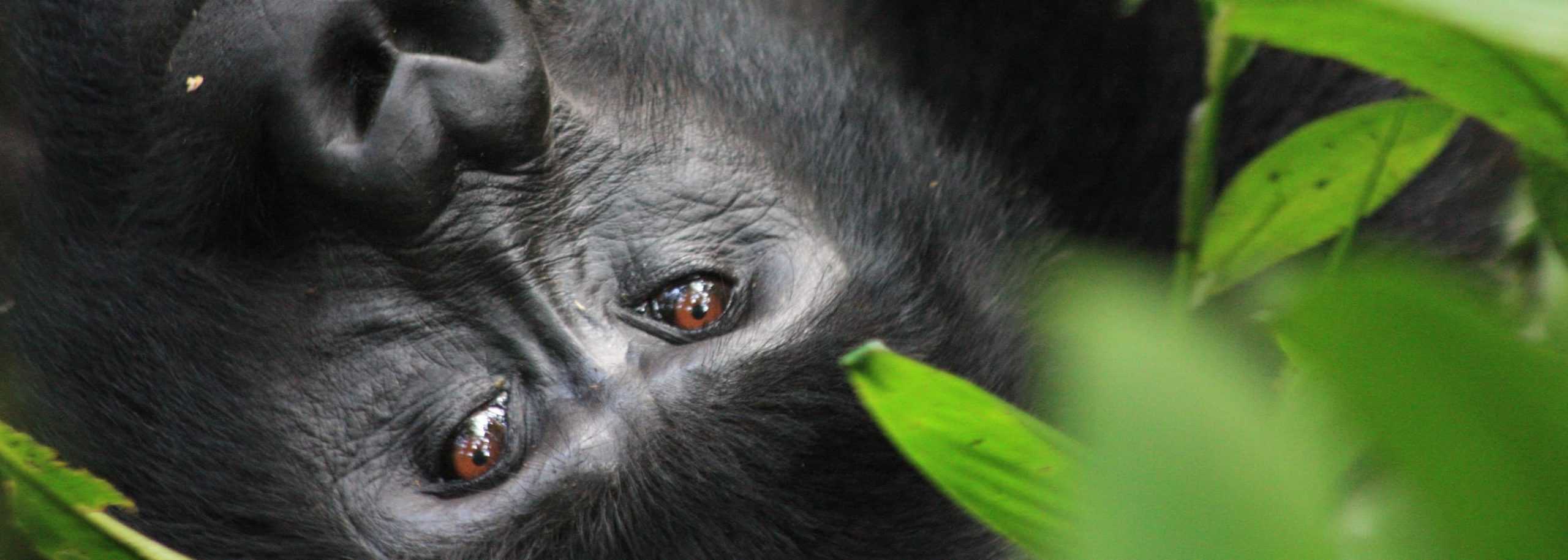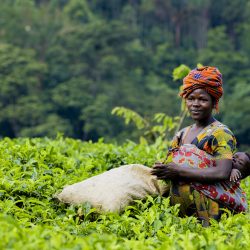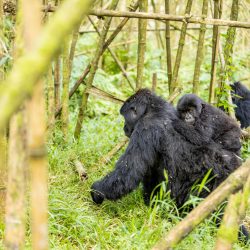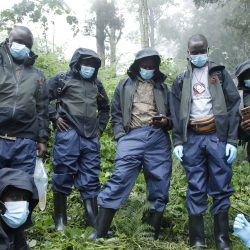SAPA to Improve Park Community Relations Around Volcanoes
Blog | 27/02/22
Volcanoes National Park staff have expressed optimism that the Social Assessment of Protected Areas (SAPA) methodology will help improve park-community relations through openly and jointly addressing the lingering community problems. Rolled out in 2021 in Rwanda, the Social Assessment of Protected Areas (SAPA) is a multi-stakeholder methodology deployed to understand the positive and negative impacts of conservation and related activities on the wellbeing of local people in the protected areas. The process engages local communities with a goal of enabling park managers and stakeholders to equitably share the positive social outcomes from conservation and reduce the negative social impacts
“Apart from highlighting the lingering problems like human wildlife conflict, the approach will guide the park on appropriately investing the revenue sharing funds in essential projects that will develop park-edge communities and foster ownership,” says Janvier Kwizera, Community Conservation Warden at Volcanoes National Park.
To roll out SAPA in Rwanda, an inception meeting that gathered different key park stakeholders including local government, conservation NGOs, local community-based organizations and private sector was conducted. The process continued by conducting first community meetings in Burera, Musanze and Nyabihu districts where community members were equipped with skills to help identify and rate their community issues. Ninety trained community members identified key positive impacts of conservation including, good community development projects, safeguarding and making the Rwandan culture known to foreigners, protection against soil erosion and infrastructure development. On the other hand, the negatives include human wildlife conflict where crop raids from problem animals have been encountered, lives have been lost and property destroyed, delayed and unreliable compensation system, uncompensated for land yet it was already taken up by the park authorities as a buffer zone. These findings were presented to key stakeholders including Volcanoes National Park Authority who promised to follow up on the problems and to consult with the government to come up with lasting solutions.




